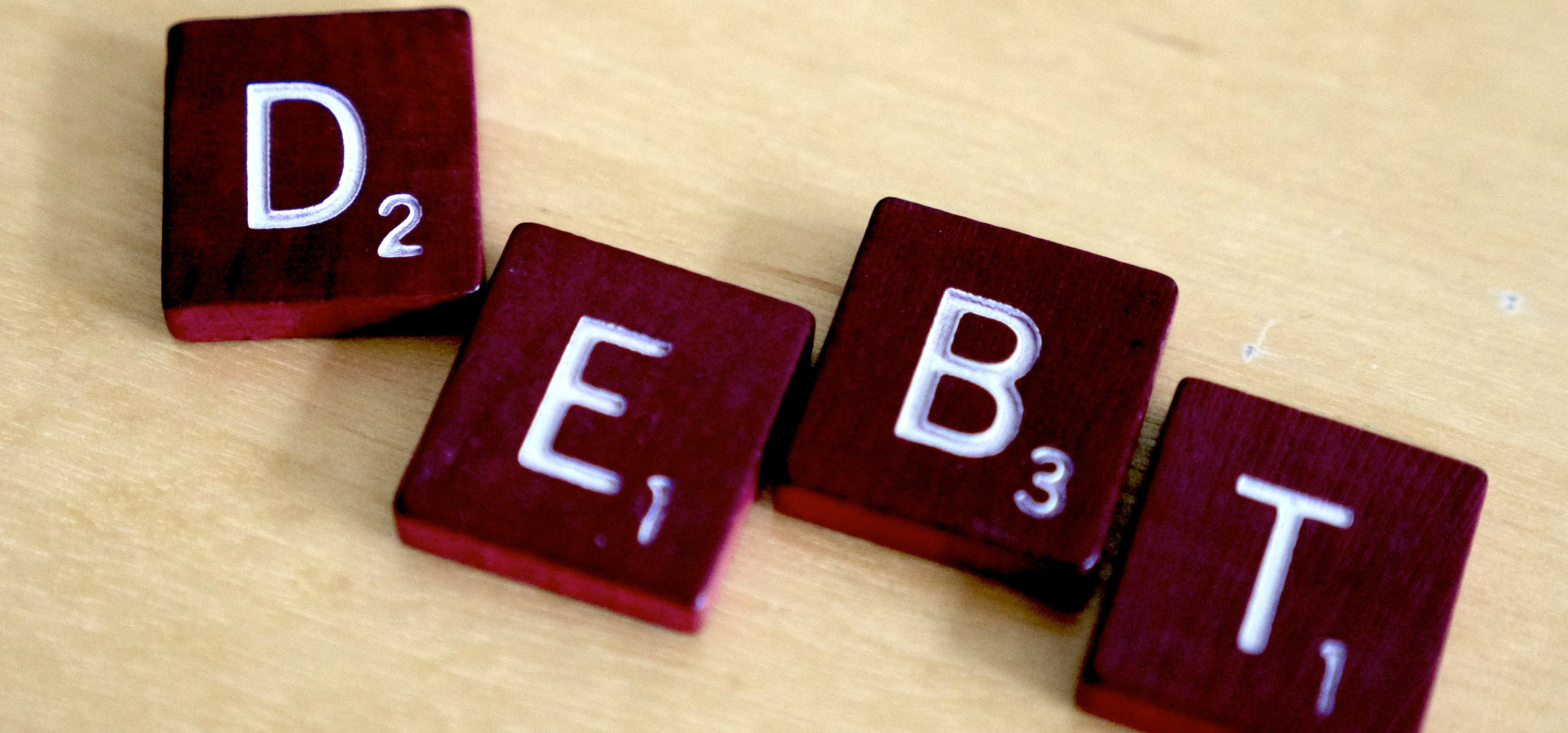
Partner Article
Fiona Gaskell – partner at Clough & Willis – answers some of the most commonly asked questions on debt recovery
Someone owes me some money but I am worried that it will cost me a lot of money to use solicitors to collect it. What are the benefits of instructing a solicitor?
The benefits of using a solicitor as opposed to pursuing a claim yourself is that the person who owes you money will know that you are serious about wanting to be repaid. There were several news stories last year about banks and other financial institutions which were chasing debts in-house but doing so in such a way that the debtor thought that the letters chasing payment were coming from a firm of solicitors. This was undoubtedly done because a creditor believed that they would have a better success rate in recovering the debt if the debtor believed that solicitors had been instructed. Instructing a solicitor to chase a debt need not be expensive. Very often a pre-issue letter will be written at a fixed price. Sometimes from as little as £2 plus VAT.
If the debtor ignores the letter what do I do then?
Generally speaking the next step is to issue proceeding. When completing a Claim Form you need to make sure that you have the correct details for the Defendant. It is not uncommon for mistakes to be made about this. Any Judgment against an incorrectly named Defendant will be invalid and you will have to start all over again. You also need to make clear exactly how the debt has arisen and you should always try to claim interest on the debt. This can either be contractual interest, if your terms and conditions provide for it, statutory interest under the County Courts Act, or interest under the Late Payment of Commercial Debts (Interest) Act 1998.
Claiming interest will help to off-set the fact that you have been waiting for your money whilst the debtor has had the benefit of not paying you particularly as currently statutory interest is charged at 8%. If you instruct a solicitor to do this for you, you can also claim some fixed fees which can be off-set against any actual charges incurred.
Once I get a Judgment how do I get my money?
There are a number of different ways that you can try to enforce your Judgment some of which depend upon whether the debtor is a private individual or a limited company. In all cases you can instruct either a bailiff or a High Court Enforcement Officer to go to the home, or business premises, of the debtor where they will try to get payment. If the debtor is unable to pay, then they have the power to seize goods belonging to the debtor which can be sold to satisfy any Judgment. If the debtor has no goods that can be seized, or they are of insufficient value to satisfy the Judgment then, in the case of a private individual, you could consider applying for an Attachment of Earnings Order so that a regular amount is deducted from the debtor’s salary each week or month.
You could also consider taking a Charging Order on any property owned by the debtor. This would secure the debt but not necessarily result in the debt being paid off immediately but it would have to be paid if the property were sold or re-mortgaged, assuming there is sufficient value in the property. If a debtor is unable to pay a Judgment then that can amount to evidence of insolvency and it may be possible for you to present a Bankruptcy Petition or a Winding Up Petition against the debtor but this will only help you to get your money if the debtor has sufficient assets to pay you and wants to avoid the consequences of bankruptcy or winding up.
It is important to look at the whole range of enforcement options available to see which one is likely to be most successful and most cost effective so it is important to get proper advice from a specialist.
This was posted in Bdaily's Members' News section by Clough & Willis .








 Restoring confidence for the economic road ahead
Restoring confidence for the economic road ahead
 Ready to scale? Buy-and-build offers opportunity
Ready to scale? Buy-and-build offers opportunity
 When will our regional economy grow?
When will our regional economy grow?
 Creating a thriving North East construction sector
Creating a thriving North East construction sector
 Why investors are still backing the North East
Why investors are still backing the North East
 Time to stop risking Britain’s family businesses
Time to stop risking Britain’s family businesses
 A year of growth, collaboration and impact
A year of growth, collaboration and impact
 2000 reasons for North East business positivity
2000 reasons for North East business positivity
 How to make your growth strategy deliver in 2026
How to make your growth strategy deliver in 2026
 Powering a new wave of regional screen indies
Powering a new wave of regional screen indies
 A new year and a new outlook for property scene
A new year and a new outlook for property scene
 Zero per cent - but maximum brand exposure
Zero per cent - but maximum brand exposure